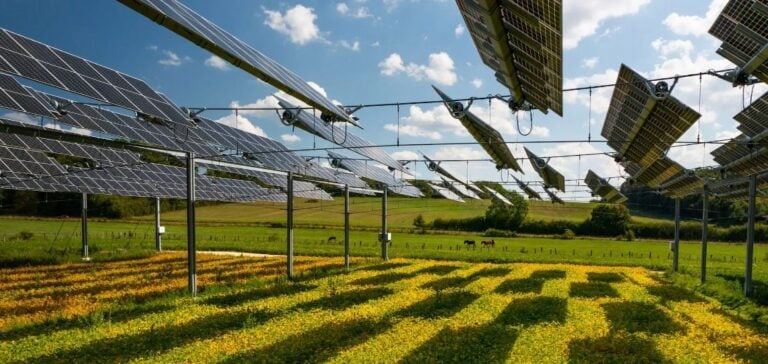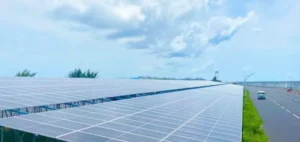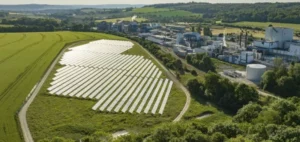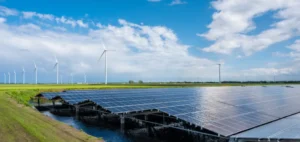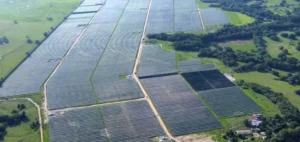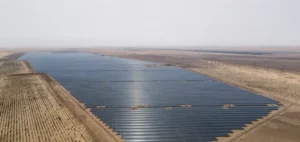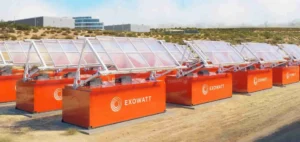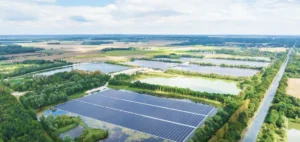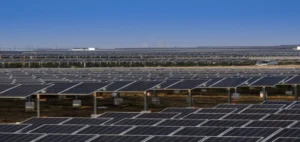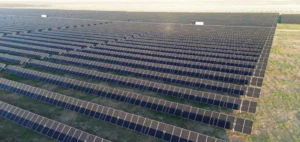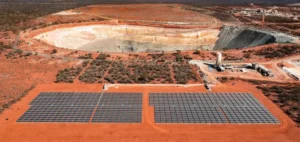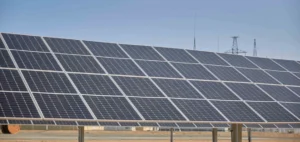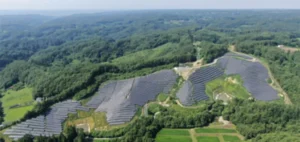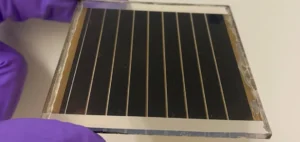France is structuring the development of agrivoltaics with the launch of the Agrivoltaics Observatory, a centralised tool designed to support the rise of this sector at the crossroads of agriculture and solar energy. Implemented by the French Agency for Ecological Transition (ADEME), the platform currently lists over 200 authorised or operational projects across mainland France and overseas territories.
A national tool to structure a fast-growing sector
Created under the 2023 law on the acceleration of renewable energy production, known as the APER law, the Observatory aims to provide a detailed map of photovoltaic installations located on agricultural land. It identifies the technical characteristics of the projects, whether operational or awaiting authorisation, and centralises resources for industry stakeholders, public administrations and research institutions.
Authorities aim to preserve the agricultural use of land while ensuring close monitoring of energy deployment. In this context, a control campaign was conducted on projects authorised before the APER law came into force, particularly to verify the submission of agronomic monitoring reports required by public tender specifications.
Over 1,600 projects identified in five pilot regions
Alongside the Observatory’s launch, ADEME conducted a regional study in five territories – Nouvelle-Aquitaine, Occitanie, Provence-Alpes-Côte d’Azur, Bourgogne-Franche-Comté and La Réunion – identifying over 1,600 photovoltaic projects on agricultural land at various development stages. These include projects that have not yet been authorised, highlighting growing interest in this hybrid energy model.
This regional analysis will serve as a foundation for a national overview expected by early 2026. The second phase of the study aims to provide operational tools for project developers and local authorities to support the development of installations that comply with current regulatory frameworks.
A monitoring system designed to evolve with the sector
Most of the projects currently included in the Observatory were authorised before the APER law. The database will be updated regularly as new installations are commissioned, especially those awarded through tenders led by the Directorate General for Energy and Climate.
By assigning the Observatory’s management to ADEME, the government ensures national consolidation of data on the agricultural and energy performance of the projects. This tracking system is intended to support public decision-making and ensure alignment between energy targets and national food sovereignty objectives.


